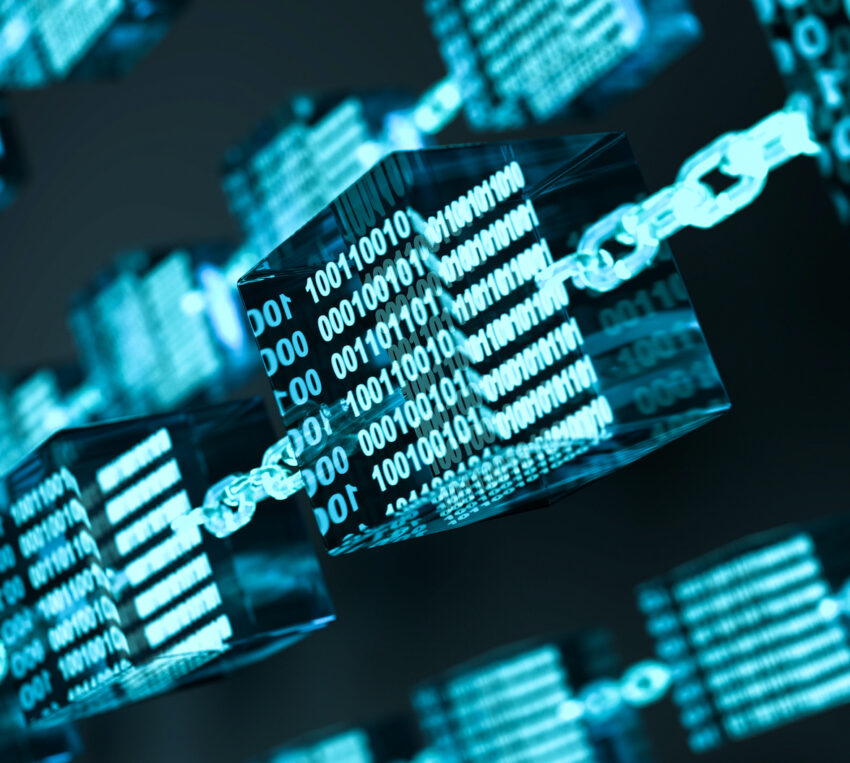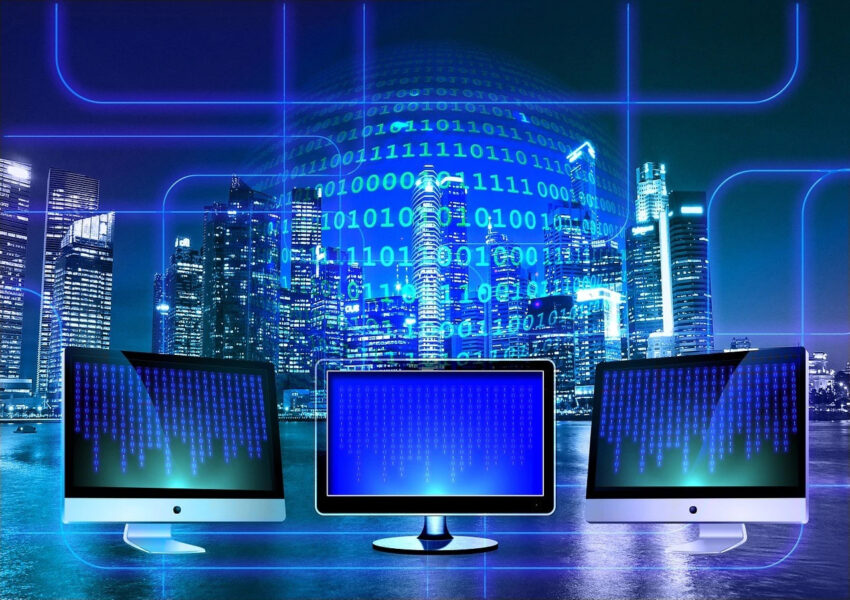Over the past few years, a decentralization revolution has been taking place. The blockchain technology that underlies cryptocurrencies and peer-to-peer file sharing is gradually decentralizing internet services. From cryptocurrency wallets to social media apps, decentralization is gradually becoming a reality. Yes, we are talking about a world where data is not stored on central servers but on everyone’s devices, with no intermediaries between the user and content. But before getting into the benefits of decentralization, let’s understand the challenges of decentralization on the internet. Let’s get into the theory first, and then the practical steps to take.
Challenges of Decentralizing the Internet

Decentralization of the Internet would be an important step forward in ensuring net neutrality, freedom of speech, and privacy. Distributed systems are more secure against cyber attacks and data breaches, as well as censorship. With decentralized internet platforms, users are able to own and operate the infrastructure for storage and computing. This could lead to greater user control over their data and open access to content.
However, with decentralization comes a loss of control. Governments or corporate bodies would not be able to manipulate online content as easily. Decentralized internet platforms can’t be manipulated easily by centralized internet platforms such as Google or Facebook.
This project would improve internet accessibility and transparency around the world. It’ll also enable users to own their digital assets and control how they are used online.
Building a Decentralized Internet
A decentralized internet is an open network of peer-to-peer computers without server administrators. It is a web of blockchain-based applications, open protocols, and decentralized web technologies that can be accessed by all.
Blockchain and crypto technology have enabled the secure transfer of data and value in a trustless and immutable manner. The decentralized web has the potential to deliver faster, cheaper, and more accessible Internet access than current centralized models.
A decentralized internet is envisioned as an interconnected system of privately owned computers providing open-source access to information and services. With private individuals owning the network instead of a few large corporations, it can benefit more people. But building a decentralized internet will take time and substantial investments from both governments and tech companies.
Non-Custodial Wallets and Cryptocurrency Security
“A non-custodial wallet is a type of cryptocurrency wallet in which you retain control of your private keys. With a non-custodial wallet, the blockchain network verifies and safeguards the transactions of users by itself. This provides an extra layer of security for cryptocurrency holders, as the private keys are held by the user instead of a third party.”
Secure cryptocurrency wallets are essential for safeguarding funds and ensuring safety from hackers and thieves. A high level of security can act as a deterrent to malicious actors, as the cost of an attack increases with the price of the native asset. Users should use caution when accessing online cryptocurrency wallets, particularly when using cryptocurrency mining software or hardware. It is imperative that they use secure Ledger or Trezor hardware wallets when crafting transactions. In addition to taking precautions to secure their cryptocurrency, users should also ensure that their wallet is non-custodial and not store large amounts of cryptocurrency in one wallet.
Benefits of Decentralization
A decentralized internet is one in which user data and online activity are not controlled or monitored by a central authority. The concept of decentralization is vital to the growth of the blockchain-based internet because it provides many benefits. Some of these include increased privacy, increased security, and improved user experience.
With decentralization, users can control their digital identity, allowing them to authenticate themselves without relying on third-party authentication systems. This helps to eliminate any chances of being hacked and provides added protection for their personal information.
Another benefit of decentralization is the utilization of blockchain technology to facilitate the transfer of data and value in a trustless, transparent, and immutable manner. As blockchain technology is decentralized and secure, it protects user data from being compromised or misused. This has led to an increase in privacy for users as they have more control over who has access to their personal information and how it is used.
Decentralized search engines preserve user privacy and neutrality as user data is not recorded and search rankings are not manipulated by central authorities. Other blockchain-based internet browsers like Brave Browser made by the Basic Attention Token also offer enhanced security and privacy through the use of blockchain technology in the browser itself. Overall, a decentralized internet has many benefits that make it highly desirable among users
Conclusion
A decentralized internet, such as blockchain technology, has a number of benefits. It allows users to own their data and empower them with greater autonomy over how information is accessed and shared. Furthermore, decentralization reduces the risk of hacking, censorship, and loss of data. The technology offers a host of use cases across a range of industries. However, implementing blockchain technology requires time-tested expertise and experience. Comment below if you’d like to share experiences you have had implementing blockchain in your organization.

